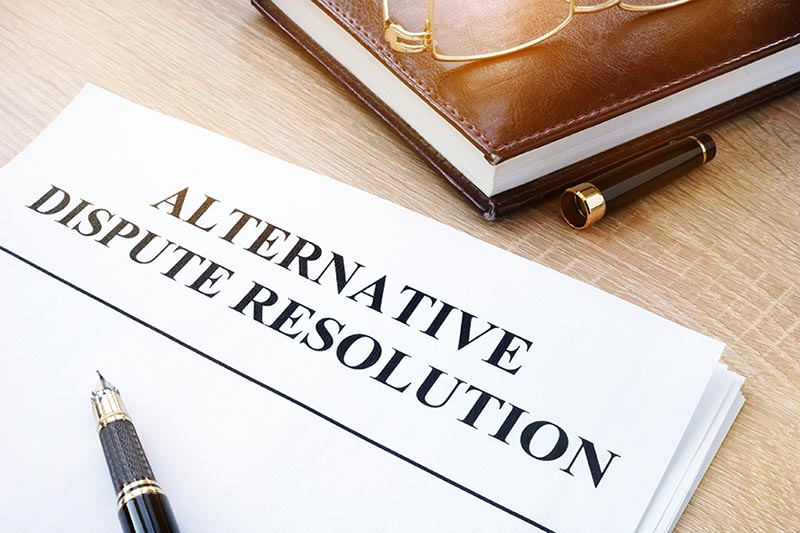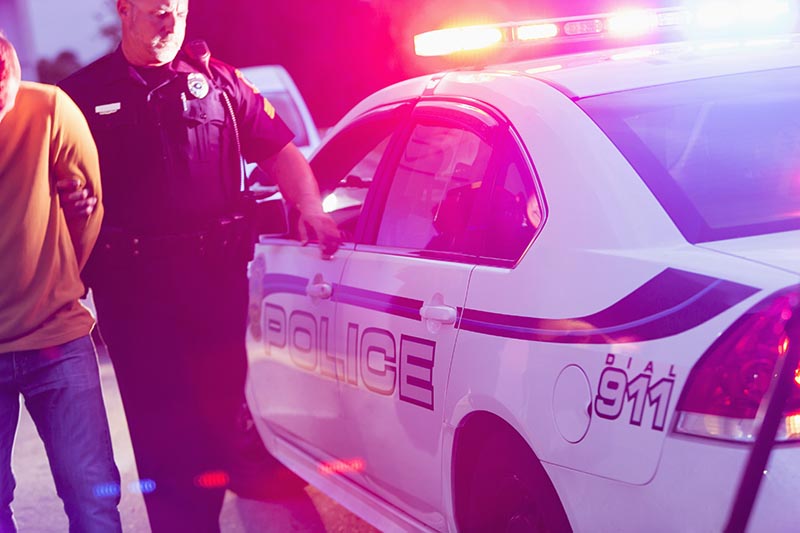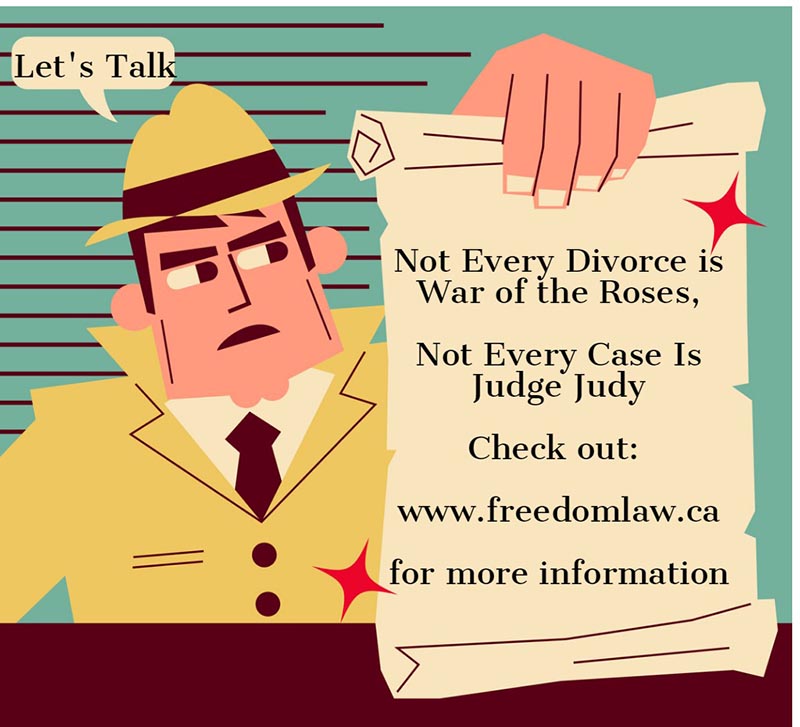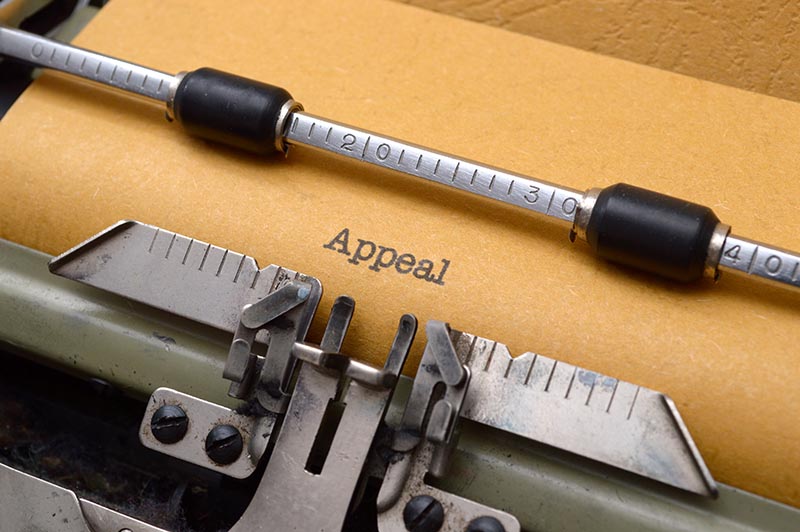Effective Strategies For Purchasing A Business
For an existing owner selling a business, their main concern is how they can maximize the sale price for their business.
On the other side, when buying a business, the main concern is how you can ensure that you will generate as much or even more profit in the future if you buy this business.
You need to advise the seller on useful and meaningful disclosure. The buyer needs to know that all liabilities and advantages have been assessed and disclosed to feel confident about the purchase.
Verhaeghe Law Office has served a wide assortment of clients with support and advice about multiple issues involved in the sale and purchase of businesses, including:
● Drafting a share purchase or asset agreement
● Verifying the data for the estimation of a fair purchase price
● Writing warranties and representations that are to be made by the seller
● Drafting payments of the seller
● Drafting non-solicitation and non-compete articles for departing owners
● Conducting agreements between the buyer and the seller
● Drafting sufficient financing for the sum of the purchase price
Exceeding Client Expectations
In addition to determining whether the purchase price is reasonable, we draw on our expertise to look at the due diligence information submitted by the seller. We help our clients answer questions such as:
● What are the limitations that the buyer will have when trying higher profits in the future?
● Which permits are required?
● Who are the central employees, and will they remain after the conclusion of the transaction?
● What intellectual property does the seller have, and can the buyer use it?
● Do we own or have a licence to use their software?
● What about enhancements and upgrades to software and software code? Are there trademarks, patents, or other corporate know-how that we will need to obtain?
Careful due diligence is necessary when acquiring a business. Our lawyers combine their understanding of our different practice areas to help our clients. We negotiate the terms in a purchase agreement to protect our client's investment.
Effective Completion Of Transactions
Purchasers of businesses want to close their transaction as soon as possible, and on the best terms. Our knowledge of business, regulatory, and tax issues combined with our litigation experience gives our clients the information they need to acquire a business without fault.
We can efficiently meet the concerns and needs of our clients when purchasing a business. Our lawyers move matters economically and accurately throughout the sales process. We also save labour and time through our team of law clerks and paralegals and to complete the appropriate tasks accordingly.
If you are in the midst of selling or buying a business, contact the legal team at Verhaeghe Law Office. Our experienced and knowledgeable lawyers based in Edmonton will make sure the acquisition or sale of your company meets all legal requirements.








